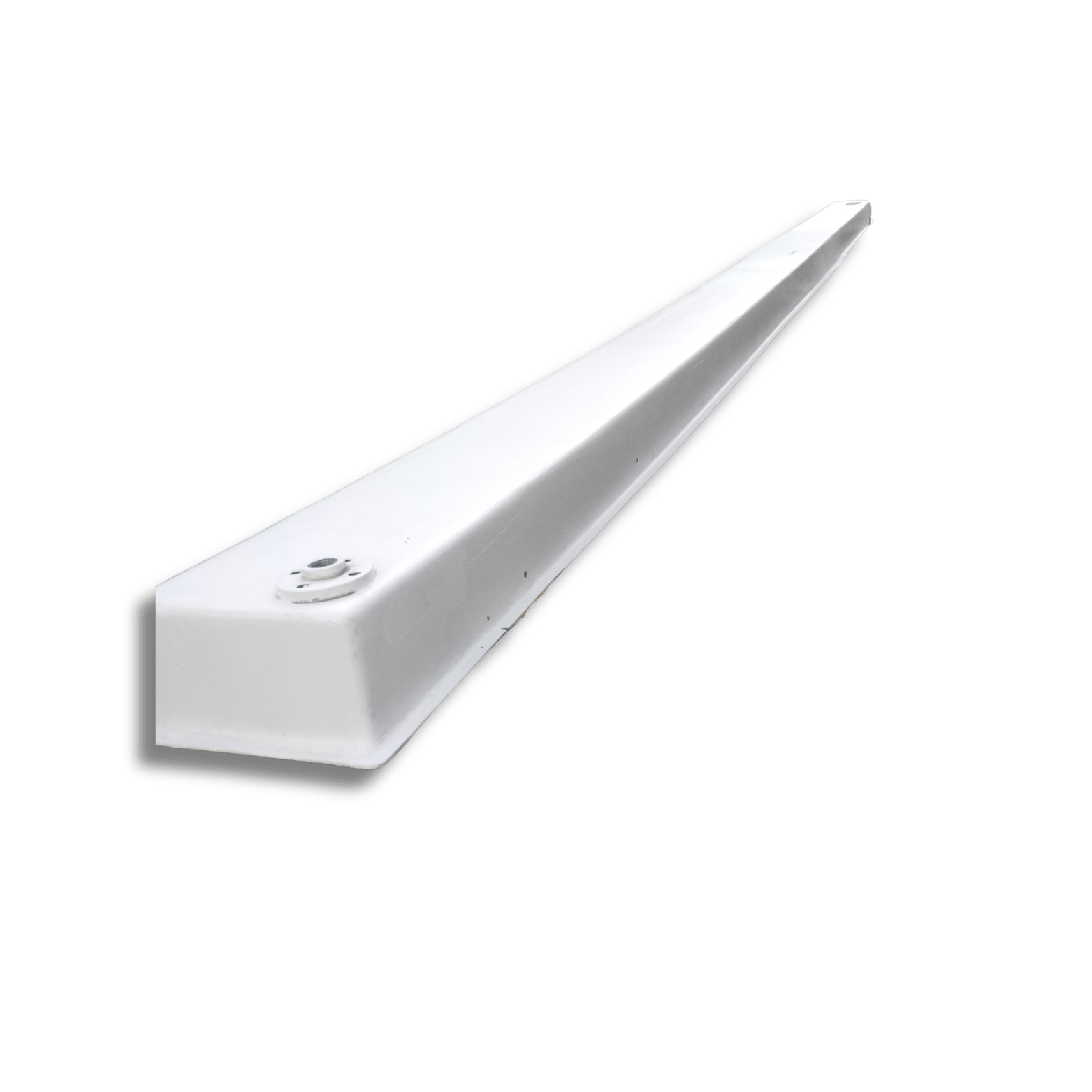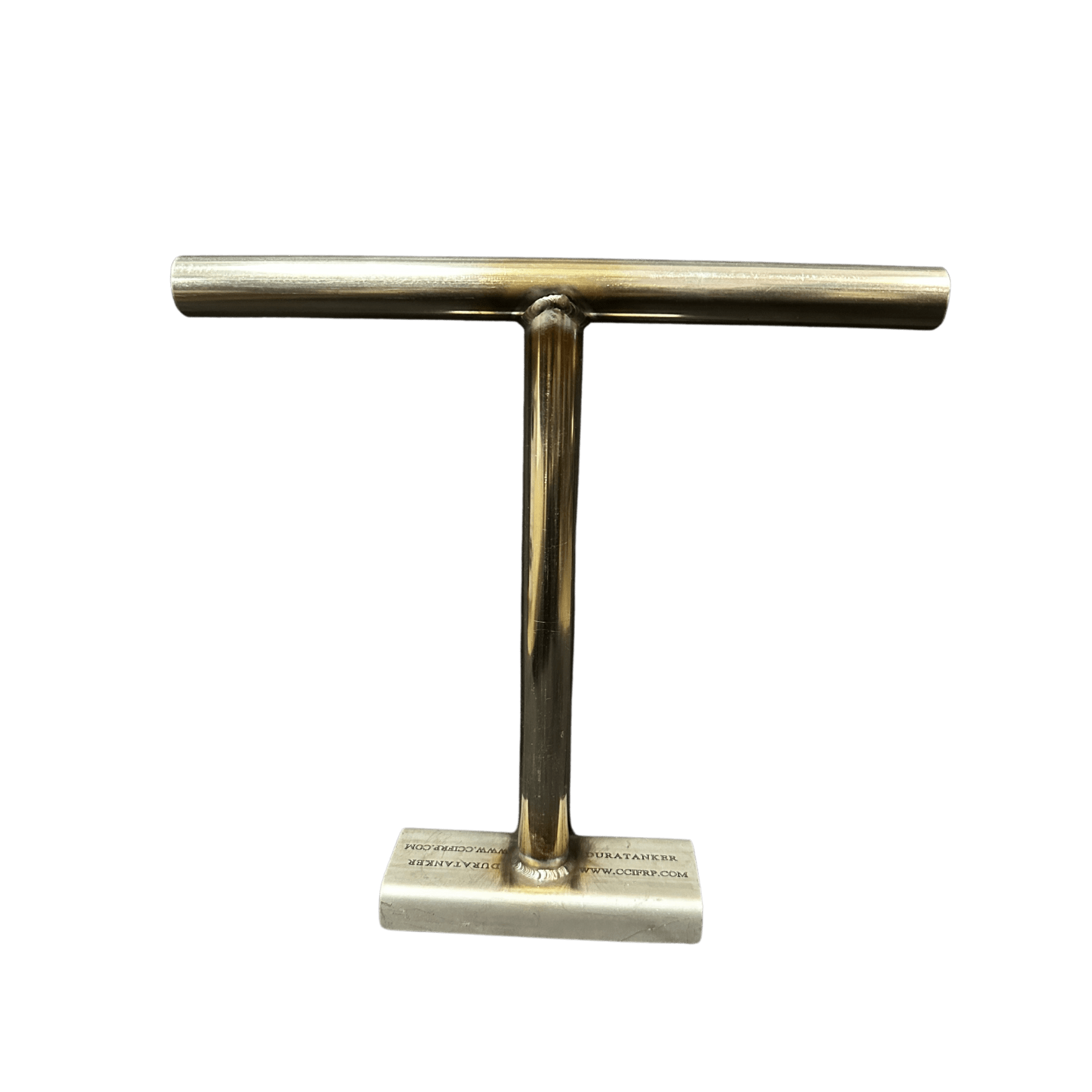Expert FRP Tanker services for hazardous chemical transportATION
Custom Fabrication.
Our award-winning composite FRP chemical trailers offer unmatched durability for transporting hazardous chemicals, significantly reducing operating costs and downtime. With features beyond those of competitor vessels, our trailers are engineered to handle the toughest demands. SP-14779.
Relines.
Our full FRP reline services meet DOT 180.407 (f) standards, ensuring top safety and durability for your chemical trailers. Each reline restores vessel integrity, extending lifespan and reducing risks of leaks or corrosion. Performed by skilled technicians under strict quality controls, our relines keep your equipment compliant and reliable for hazardous chemical transport.
Inspections & Repairs.
We provide annual inspections that adhere strictly to DOT CFR 49 standards, ensuring consistency and thoroughness. If repairs are needed, our team of DOT-certified experts (DOT-SP 14779) is ready to deliver—from minor patches to full relines—anywhere in the U.S. or at our facility. Each repair is performed under rigorous quality controls to maximize the lifespan and safety of your vessels. To read more about our tanker inspections click here.
Tanker Products
Training
Corrosion Companies staff is one of the most knowledgeable in the 49 CFR-180.407 (f) Lining area of transportation and will travel to train technical staff on the proper lining and internal inspection requirements needed.
For more training information and instructions, head to our blog here.
Durable, Long-Lasting Fiberglass-Lined Cargo Tankers
Fiberglass-lined cargo tankers have served the industry reliably for decades, with composite shells offering impressive durability and a lifespan of 20-30 years. Ideal for both dedicated and versatile use, these tankers require specific care as they age to ensure continued performance.
Most linings use vinyl ester resins, such as Derakane 411-350 Signia, Derakane 441, or Derakane 470. New linings and corrosion barriers installed during initial construction typically last longer due to their molded surfaces, which initially resist chemical penetration more effectively.
When an existing liner has been breached and a new lining installed, proper care and usage are essential to maximize the extended life of the tanker.
















